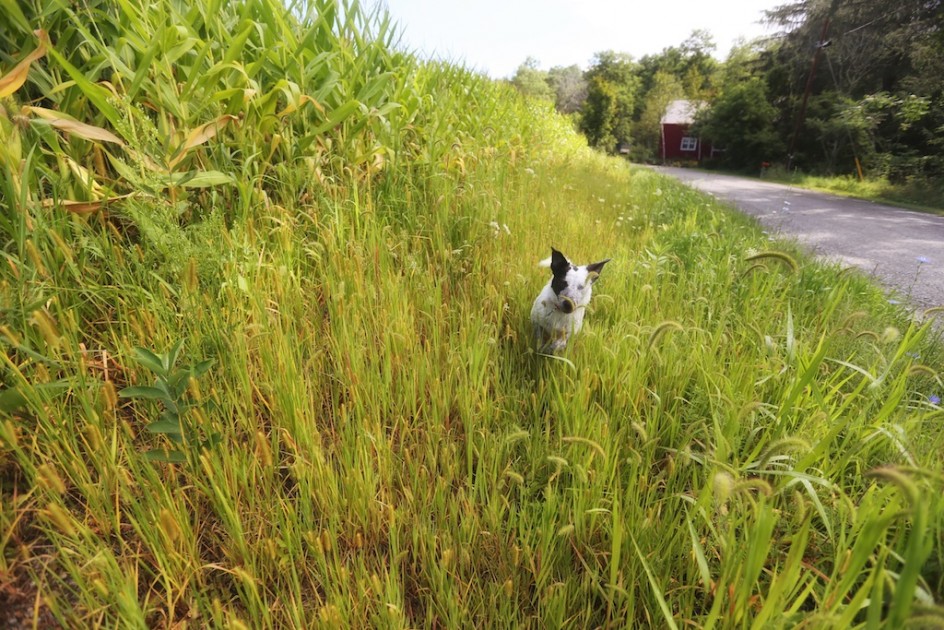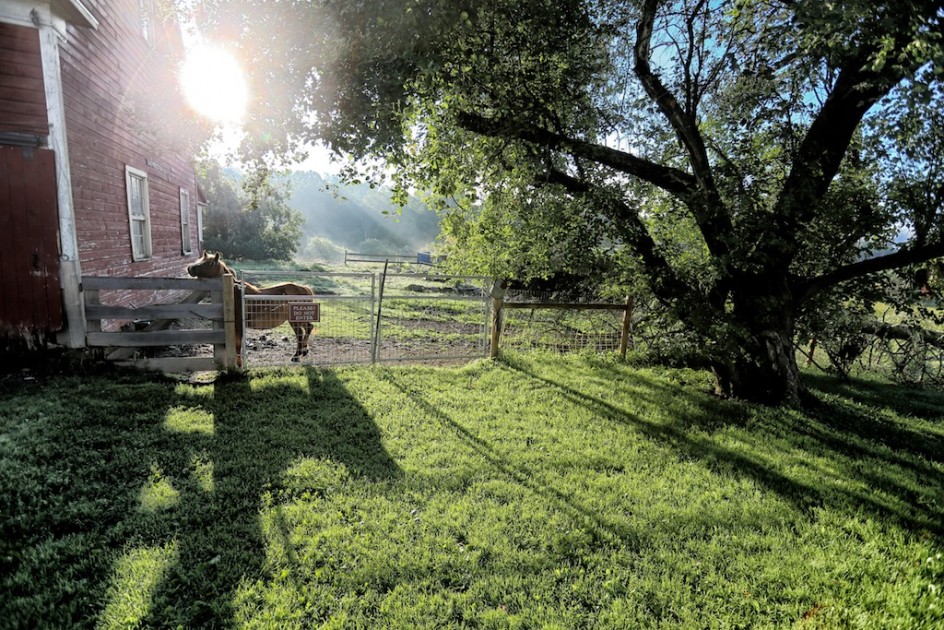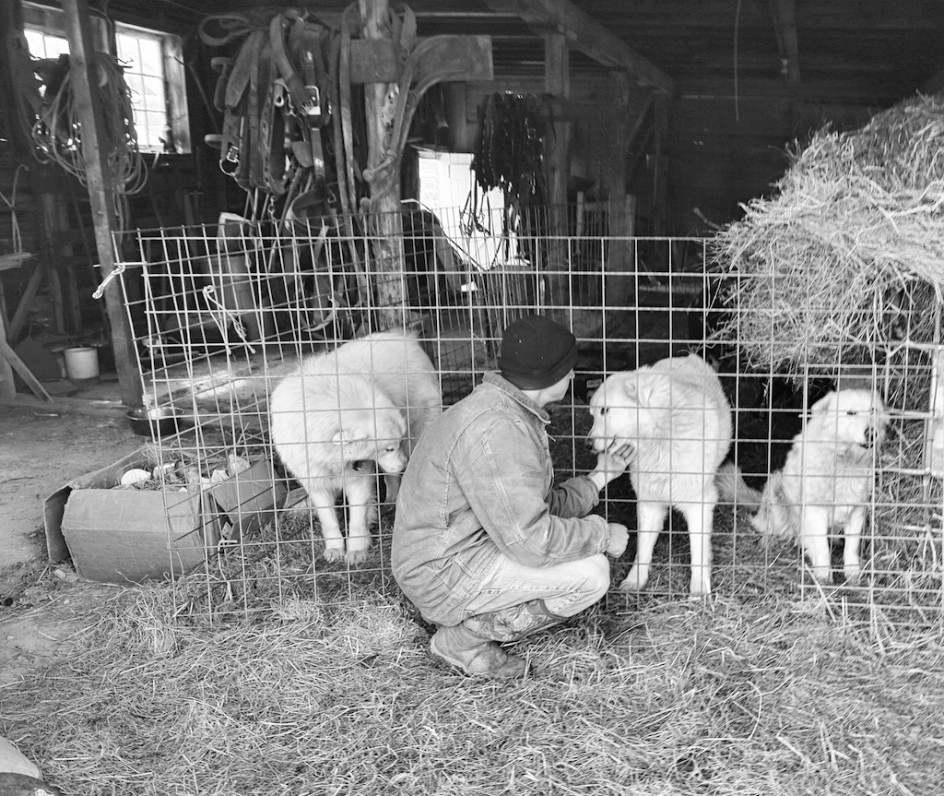
Every time I mention that I am getting a new dog, I am fairly inundated with messages – some in dramatic and pleading tones – to get a rescue dog. They often are the same: “PLEASE, PLEASE, PLEASE,” get a dog from a shelter.
As a public person, I am expected to be an example, a role I did not audition for and gives me hives. Many days, I get snarky messages chastising me for getting Fate from a breeder when so many dogs need homes.
In my lifetime with dogs, I have gotten perhaps two-thirds from good breeders, one third from shelters and/or rescue groups. I have had a long run of great dogs, the only advice I give people who are thinking of getting a dog is to get the dog that is best for them, no matter where it comes from. A great dog can come from anywhere.
Sadly, breeders, even good ones, are under fire now from the one-dimensional ideologues who seem to have taken over our political system and, it seems, discussion of animals like dogs. We are mired in this self-serving prism of rescue and abuse, I am told daily there is only one way to get a dog: a way that makes us feel good about ourselves.
This is a lie, of course, and a silly and transparently dumb one. There are many ways to get a dog, including rescuing one. With millions of dogs languishing and suffering in ever-expanding no-kill shelters (humans call that health care for the elderly), rescuing a dog is a great thing to do. I do it often, and we rescue donkeys and sheep and barn cats and chickens too.
But when I see a dog like Fate or Red or Lenore or Rose, I am also reminded of the wondrous work good breeders do. Good breeders are not puppy mill merchants, all breeders are not alike. Good breeders preserve the best qualities in dogs – health, temperament, intelligence. They do not deserve to be persecuted, they ought to be celebrated.
All dogs are not born with those qualities, they often come from good breeders. A puppy mill is out to make money, a good breeder is out to make a great dog. A dog like Fate came from an experienced and thoughtful breeder like Dr. Karen Thompson. So did Red. It is very hard to get a dog like the ones she breeds.
Karen has traveled the world seeking her breeding dogs, she has spent a lot of money acquiring breeding dogs that are smart, trustworthy, and healthy. That have astonishing intelligence and physical skills, they are affectionate and grounded and trainable, they can join the glorious history of dogs who have done wonderful work for and with humans for thousands of years.
Last night, we took Fate to a dinner party, her first, she was confronted with big and loud and pushy dogs, and a room full of people and food. She was on her own. She handled the dogs, snarled at the ones trying to mount her, played with the others, greeted the people, went to sleep under the table by our feet. Another dog that can go anywhere, and is grounded enough to handle herself.
A friend in the animal rights movement, a long-time PETA volunteer told me in all honesty, she said, that it is just as abusive for a border collie to herd sheep as it is for a draft horse to pull a carriage in Central park. One day, she said, she hopes the practice is illegal. She said all competitive trials and professional breeders should be banned, dogs must only breed naturally and must never be used to entertain humans. She asked for my response. I said her work on behalf of animals seemed to be making her dumb and small. I haven’t heard back from her on this issue, but she isn’t high on my work these days.
I do not tell other people what to do. I never tell other people how to get a dog, I never let anyone tell me. I am grateful for my own path, it has enriched my life, my work, opened my heart, made me a better human being. Watching Fate pop out of the cornstalks today, and then to go work herding the sheep, and then greet joggers and hikers and visitors to the farm with great affection, I thought of the trust we were building together.
I’ve established this bond with Red, he is the greatest dog I have ever had, Fate is moving up the list. It’s not my place to tell anyone else how to get a dog, it is my place to share my gratitude for people like Karen Thompson for devoting their lives to saving and developing the very best traits in dogs, and to use her own great instincts to find the right people for them. That is what great breeders do.
That is what people do who care about the dogs as well as they care about themselves. If it is exploitive for dogs to entertain us, what is it when dogs are acquired to make us feel righteous and good?
My PETA friend told me recently that she wanted to come and see Red and Fate work, she loves to see border collies work sheep, she saw it in Ireland. Great, I said, of course, I love to show them off. First, I said, can you tell me where you think these border collies you love to watch come from, and how you think they have the smarts and instincts to herd sheep.
I haven’t heard back on that one either.


